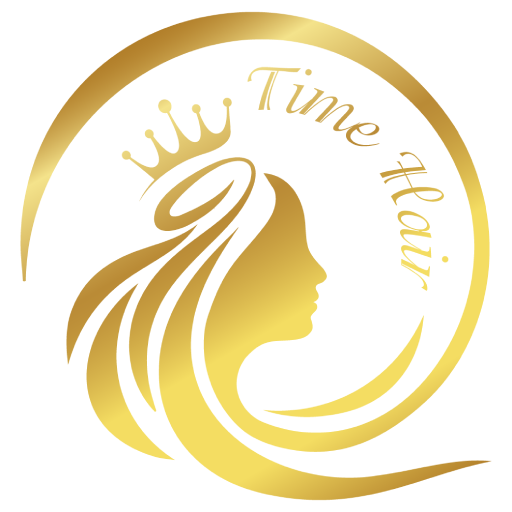
How Stress Impacts Your Hair (and What to Do About It)
Stress can feel like an unavoidable part of life, especially with the demands of work, family, and the fast pace of daily routines. However, it doesn’t just affect our minds—our bodies experience the effects too, and one of the most visible ways this manifests is through our hair

- Telogen Effluvium: Temporary Hair Shedding
- One of the most common types of stress-induced hair loss is telogen effluvium. In a normal hair cycle, hair grows, rests, and sheds. However, when you experience a stressful event—whether physical or emotional—this cycle can be disrupted. The stress pushes a large portion of hair follicles into the “resting” phase prematurely, causing them to shed after about two to three months. The result? You may see more hair fall out than usual, especially when washing or brushing.

2. Alopecia Areata: Autoimmune Response
- In some cases, stress can trigger alopecia areata, an autoimmune disorder that causes hair to fall out in small, round patches. Stress may prompt the immune system to attack hair follicles, leading to noticeable bald spots. Alopecia areata can occur suddenly and, while it’s often temporary, can be challenging to treat.
3. Trichotillomania: Hair-Pulling Compulsion
- For some, stress manifests as trichotillomania, a condition where individuals feel an irresistible urge to pull out their own hair, often from the scalp, eyebrows, or eyelashes. This compulsion is an emotional response to stress or anxiety, and while it may offer temporary relief, it can cause noticeable hair loss over time.
4. Cortisol and Hair Thinning
- Chronic stress leads to a continuous release of cortisol, the body’s main stress hormone. High levels of cortisol can disrupt hair follicle function, affecting nutrient absorption and leading to thinning hair. Long-term exposure to cortisol not only impacts your hair but can also affect overall hea

How to Protect Your Hair from Stress-Related Damage
While the impact of stress on hair can be distressing, the good news is there are effective ways to manage stress and support hair health.
- Practice Stress-Reducing Techniques
- Incorporate stress-management practices such as mindfulness meditation, yoga, and deep-breathing exercises. These methods help reduce cortisol levels, bringing balance to both your mind and body. Exercise, in particular, is an effective way to relieve stress and improve blood flow to the scalp, which can support hair growth

2. Maintain a Balanced Diet
- Eating a nutrient-rich diet is essential for both physical and mental health. Focus on foods rich in vitamins like B-complex, zinc, iron, and omega-3 fatty acids. These nutrients strengthen hair and promote growth. Leafy greens, fish, nuts, and fruits are excellent choices to include in your diet.

3. Get Enough Sleep
- Lack of sleep can exacerbate stress and increase cortisol levels, leading to more hair fall. Aim for 7-8 hours of quality sleep per night to give your body and hair follicles the rest they need to function optimally.

4. Avoid Over-Styling and Chemical Treatments
- When experiencing stress-induced hair loss, it’s best to minimize additional strain on your hair. Avoid excessive heat styling, chemical treatments, or tight hairstyles that can further weaken hair and cause breakage. Opt for gentle hair care practices and use nourishing products to support healthy growth.

Hair loss due to stress can be a worrying experience, but with patience and the right approach, it can often be reversed. Prioritizing your mental and physical health is essential, and making small lifestyle changes can go a long way in restoring both peace of mind and the health of your hair.











